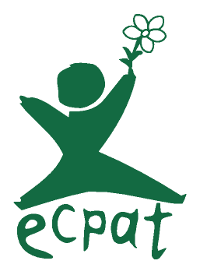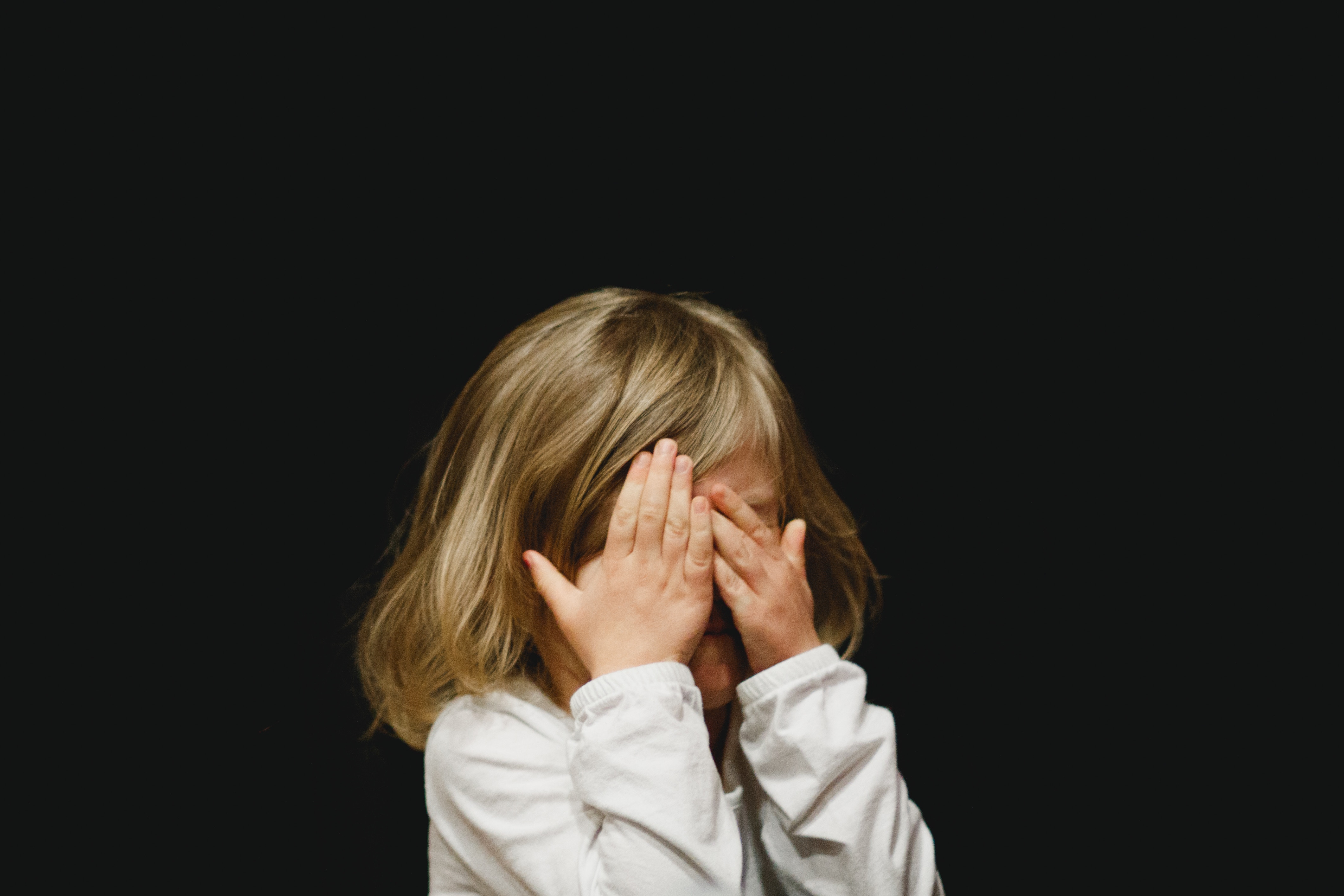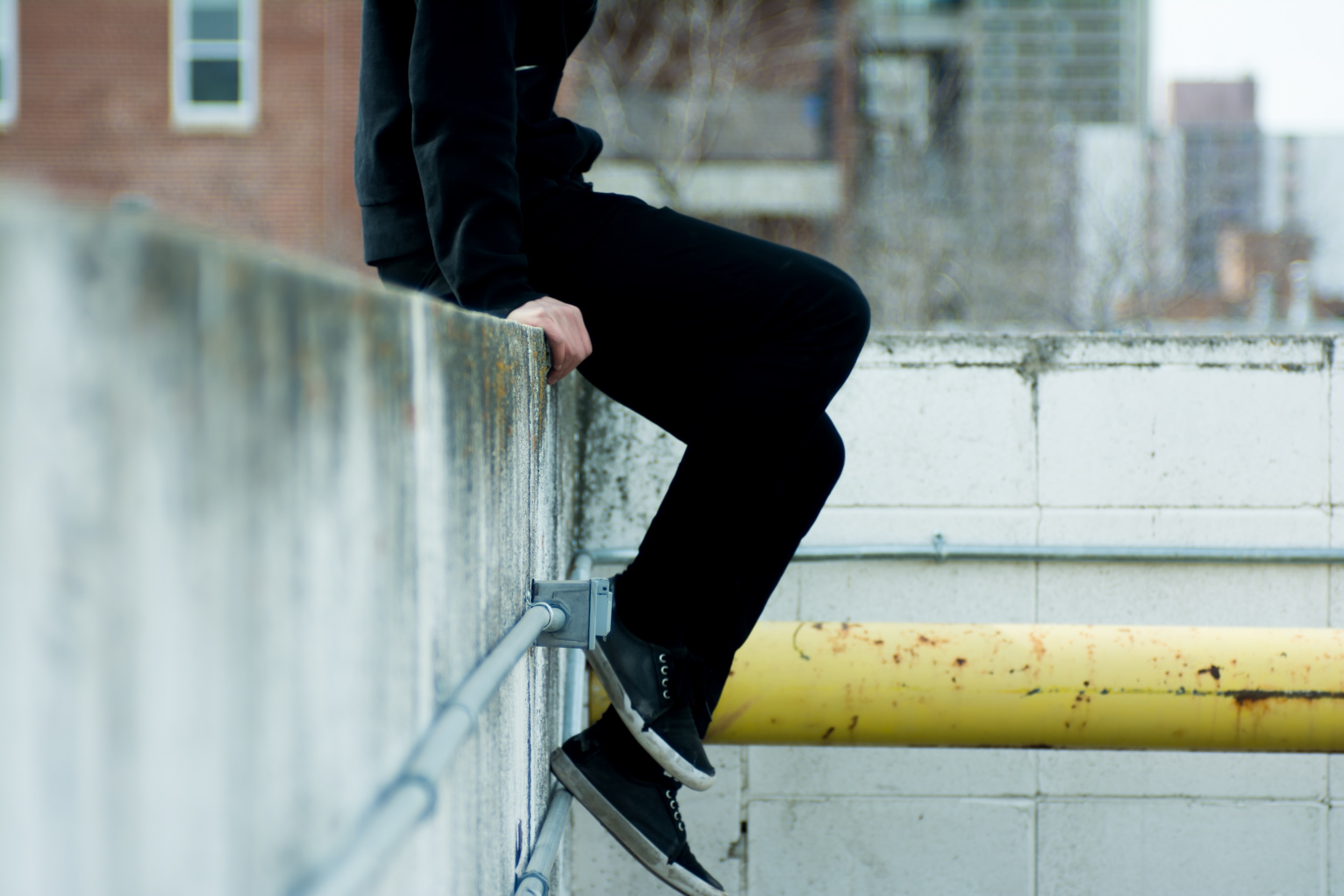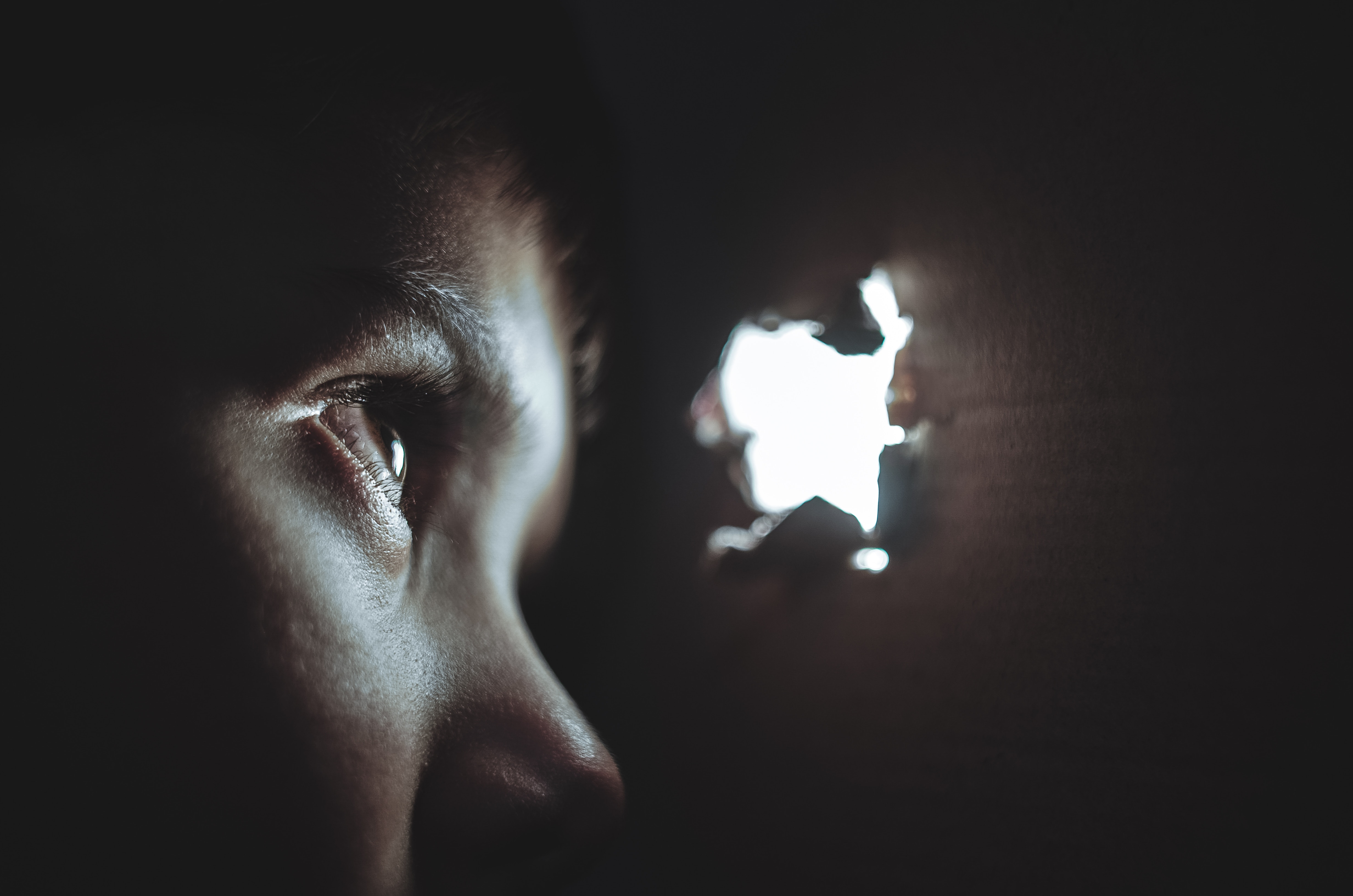What does the law state?
According to Article 1 of the International Convention on the Rights of the Child, the term child means “every human being below the age of eighteen years unless under the law applicable to the child, majority is attained earlier”.
Belgium has a number of laws aimed at prosecuting and punishing the various forms of child sexual exploitation, such as pimping (art.379, 380 et seq. from the Belgian Penal Code), sexual predation online (art.377 433 bis), the production/distribution of child pornography (art.383 bis) and human trafficking (art.433 quinquies). It also condemns practices that may lead to child sexual exploitation such as genital mutilation (art. 409), indecent assault (art.372) and rape (art.375).
However, it remains difficult to evaluate the number of victims: identification and access to justice remain extremely challenging.
To learn more about the causes and consequences of child sexual exploitation, you may check ECPAT’s Q & A on the commercial sexual exploitation of children.




